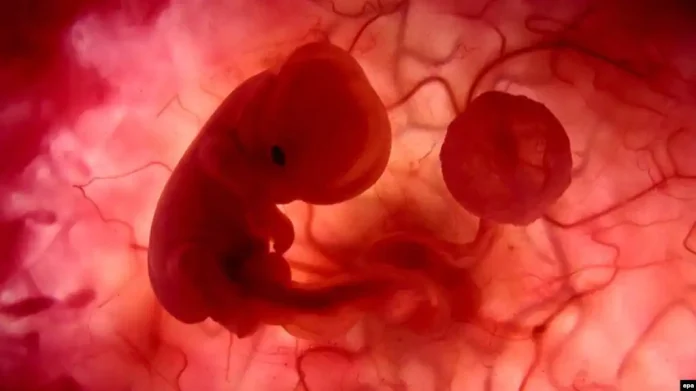Israel holds about one million frozen human embryos in the embryonic banks of its hospitals.
Some of these frozen embryos have been available in artificial insemination laboratories in hospitals for the past 35 years.
According to the Haaretz newspaper, it takes a long time to fertilize and produce frozen embryos, and some of the men and women who own these embryos are no longer alive. However, no official in Israel has the “courage” to decide on them.
Haaretz attributed the reason for the continued preservation of this large number of frozen embryos to the authorities’ concern about the treatment of Jewish religious officials. In Judaism, abortion is forbidden.
According to the report, since 1987, when artificial insemination of female eggs with male sperm began in Israeli hospitals to help infertile couples, huge numbers of embryos have been produced that are still stored in refrigerators.
“Unlike in other countries, in Israel, embryos are still preserved when the fetus’s parents have reached the age of 70 or are no longer alive,” Haaretz wrote.
According to Haaretz, maintaining these vast numbers of frozen embryos costs billions of dollars.
Apart from infertile couples, some people have other reasons for producing a frozen fetus.
The families of army soldiers make up a large number of this group. They feared that their child would be killed in the military, and therefore considered the production of embryos through artificial insemination with the eggs of a girl friend or a donor woman as a way to have a grandchild.
The killing of Jews in World War II (the Holocaust) has been cited as another reason for Jews to worry about future childlessness, which has encouraged them to resort to artificial insemination.
“A nation that has lost six million members will not easily destroy embryos,” a former legal adviser to the Israeli Ministry of Health told Haaretz on April 7.
About one million frozen embryos are stored in the laboratory centers of 25 institutions, the vast majority of which are affiliated with large hospitals.
With a population of 330 million, the United States, like Israel, has about one million frozen embryos. But the US population is 35 times larger than Israel.
Israel is one of the most active countries in the field of artificial insemination and helping infertile couples, and having children for single men and gays and gays has long been a legal issue in this country.
However, donating a frozen embryo, as opposed to donating sperm or an egg, is not yet legal. But according to a poll in the country, 62% support the donation of frozen embryos for childbearing.
In the United States in 2017, the birth of a baby from a 25-year-old frozen fetus and then another baby from a 15-year-old frozen fetus made headlines.
In Iran, in the winter of 2009, a baby was born from a frozen fetus in Isfahan, which was recorded as a record of frozen fetuses in the country and West Asia until then.

























































